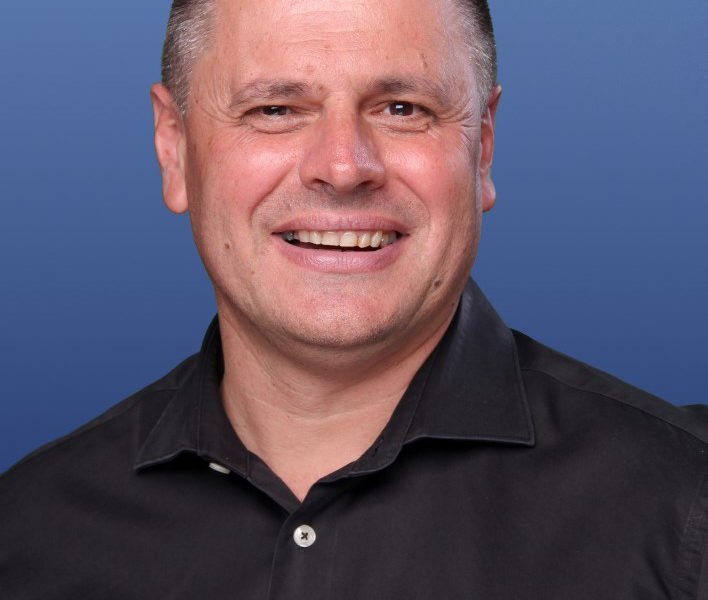OpEds
Matric is over, now what?

As we share in the euphoria of the matrics of 2022 who have just received their results, the question of the next step begins to appear, and a million new questions emerge.
One of my matric girls told me while chatting on the lawn outside the school on 18 January, that last year, when she was in the midst of her matric year, she felt she wanted to become a foundation-phase teacher and had applied to the South African Board of Jewish Education for consideration for its internship programme. She was accepted.
Now that she has her results, she has started to have second thoughts, and wants to change to law. For many students, it may only dawn on them halfway through their first year of study – or even later – that they wish to change direction. In my opinion, this isn’t a bad thing.
I recall my own journey through the University of Cape Town some years ago. Leaving school, I really thought that I wanted to be a doctor and then the reality of dealing with pain and suffering as well as my aversion to blood made me realise that this wouldn’t be the future for me. I decided to register for a BSc, with a double major in botany and zoology because of my love for biology (now called life sciences). It became apparent during my undergraduate degree that botany was my preferred direction, and I continued with a botany honours degree after graduating. By now, my eyes were set firmly on a research career and my honours course led directly into a Masters programme with the research project having grown out of work I had done in my honours year. I was now moving decidedly in the direction of a career in botanical research.
During the three years of my Masters, I started lecturing on an ad hoc basis to undergraduate students and found myself becoming increasingly engaged in my lecturing work, so much so that I was spending more time preparing my sessions with the students than writing up my research findings. It wasn’t until my supervisor came to me to say that he had been watching me work with students and asked if I had considered a future in education that I gave teaching any thought as a career. In my eleventh year at UCT, I completed a postgraduate diploma in education, and went off to become a teacher.
It’s clear that I could have completed my qualifications in four years as opposed to 11, with a three-year degree and a teaching diploma in my fourth year. I don’t, however, doubt for a minute the value of my 11 years of tertiary study in my growth and development. I have used so many aspects of my years of study in my career as a teacher and then headmaster, and I believe nothing went to waste.
Many students who have just completed their matric year are agonising over these decisions. My advice is to go with what you feel is right. It’s okay to change your mind later in the journey and change course or direction of study at a later stage. For those who aren’t sure, I would strongly urge them to consider a gap year. Consider one of the many fantastic programmes that are offered in Israel, or take off with a couple of friends and travel. Go and work in a foreign destination as an au pair, barman, or waitress. It’s really tough to get into certain faculties at some of the South African universities, and it may be wise to defer acceptance for study by a year just to keep your foot in the door.
For students who have their hearts set on a particular degree course and maybe don’t have the required points scores, I suggest looking at other tertiary institutions that may have an easier way in.
Also, be on the lookout for the various “back-door” routes into your chosen course of study. For those who haven’t made it into medicine or veterinary science, consider starting a BSc with chemistry, physics, mathematics, and zoology as first-year courses. Keep re-applying each year as you complete the year, and you may get in. I know some students who have completed a BSc and then go on to start first-year medicine, and others who loved their course of study so much, they abandoned the idea of medicine and ended up going into microbiology, biochemistry, and genetics.
I don’t believe that any year of study at tertiary level can be considered a waste. It’s fine to change direction as you continue to grow and mature to find your true calling. One of my closest friends at university was a retired professor of endocrinology who studies undergraduate botany with me. After a long and successful career as a doctor, he decided to come back to university to study fynbos biology which had always been his first love.
- Andrew Baker is the headmaster of King David High School Victory Park.